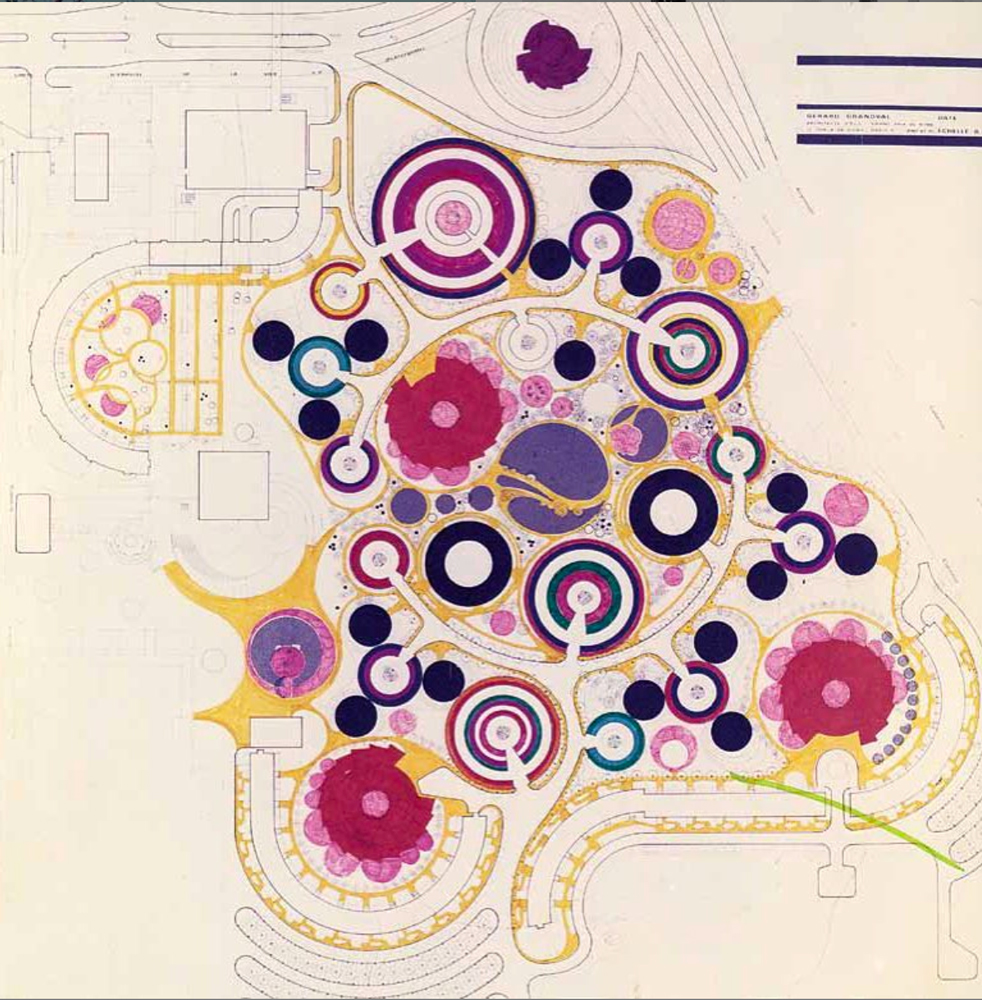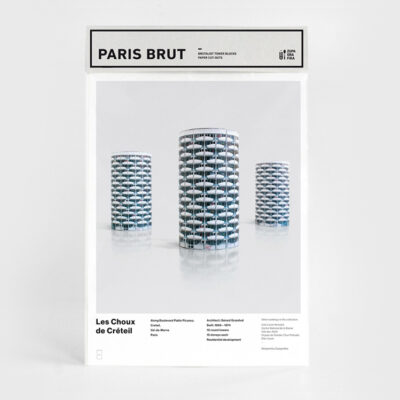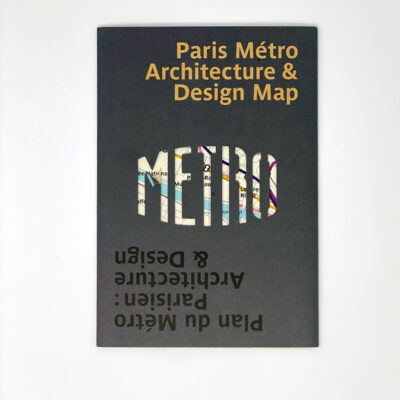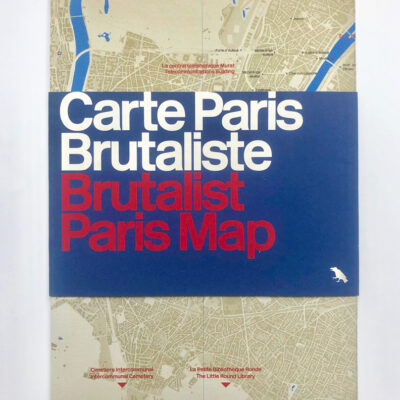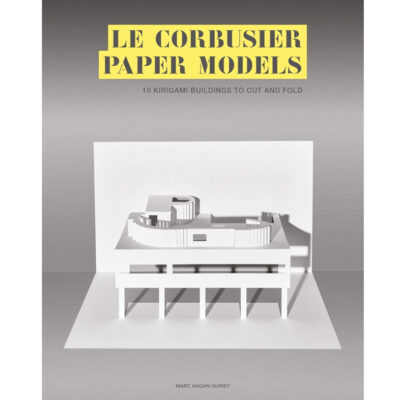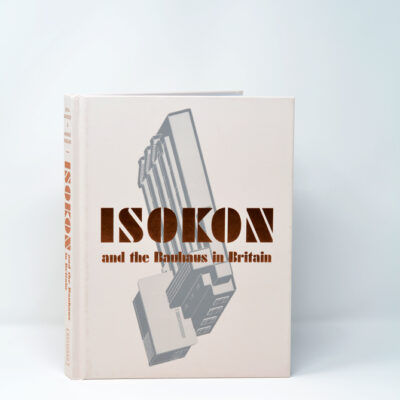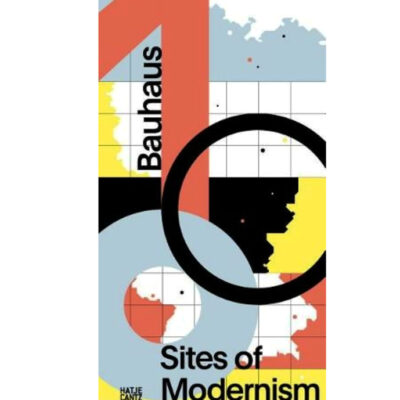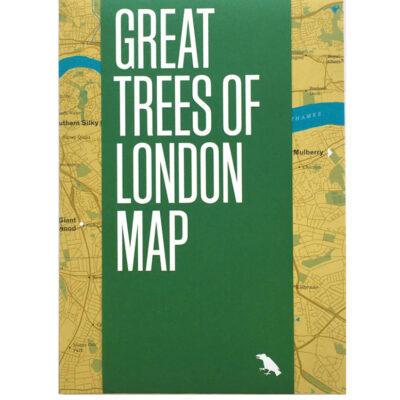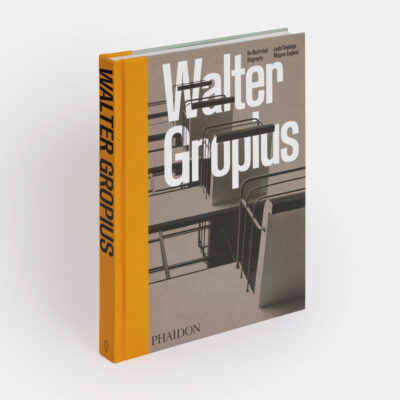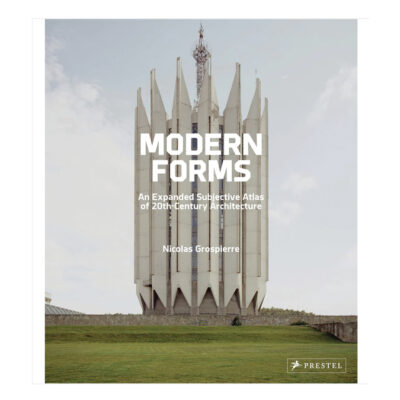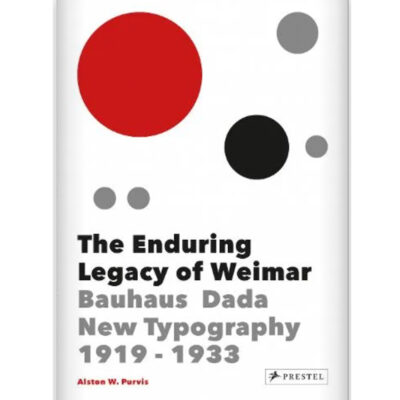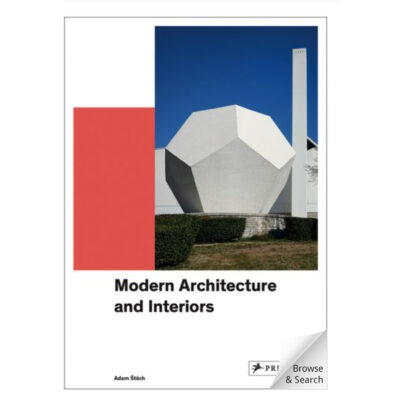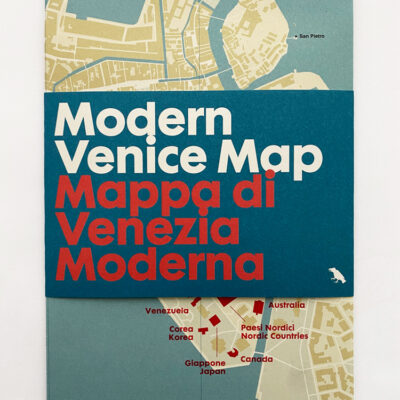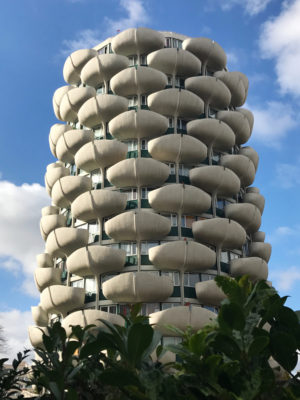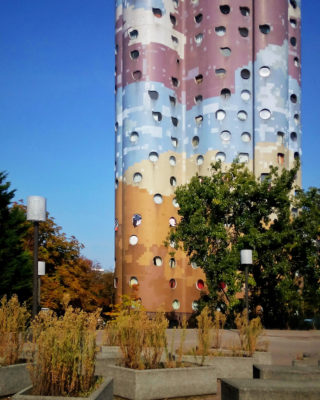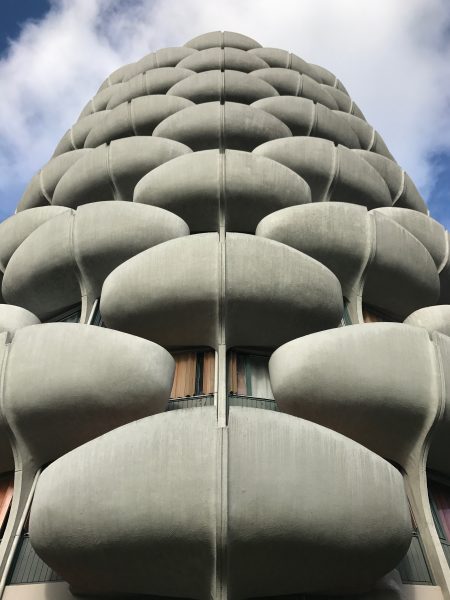2020 Vision: An Interview with Gérard Grandval
Gérard Grandval, who died on 2 December 2021, is best known for his design of Les Choux de Créteil, ten highly unusual towers fondly nicknamed ‘Les Choux’… Cabbages in English, planted in a suburb of Paris known for its market gardens and a sauerkraut factory.
In honour of Grandval’s work we publish, again, this interview with the great architect and artist.
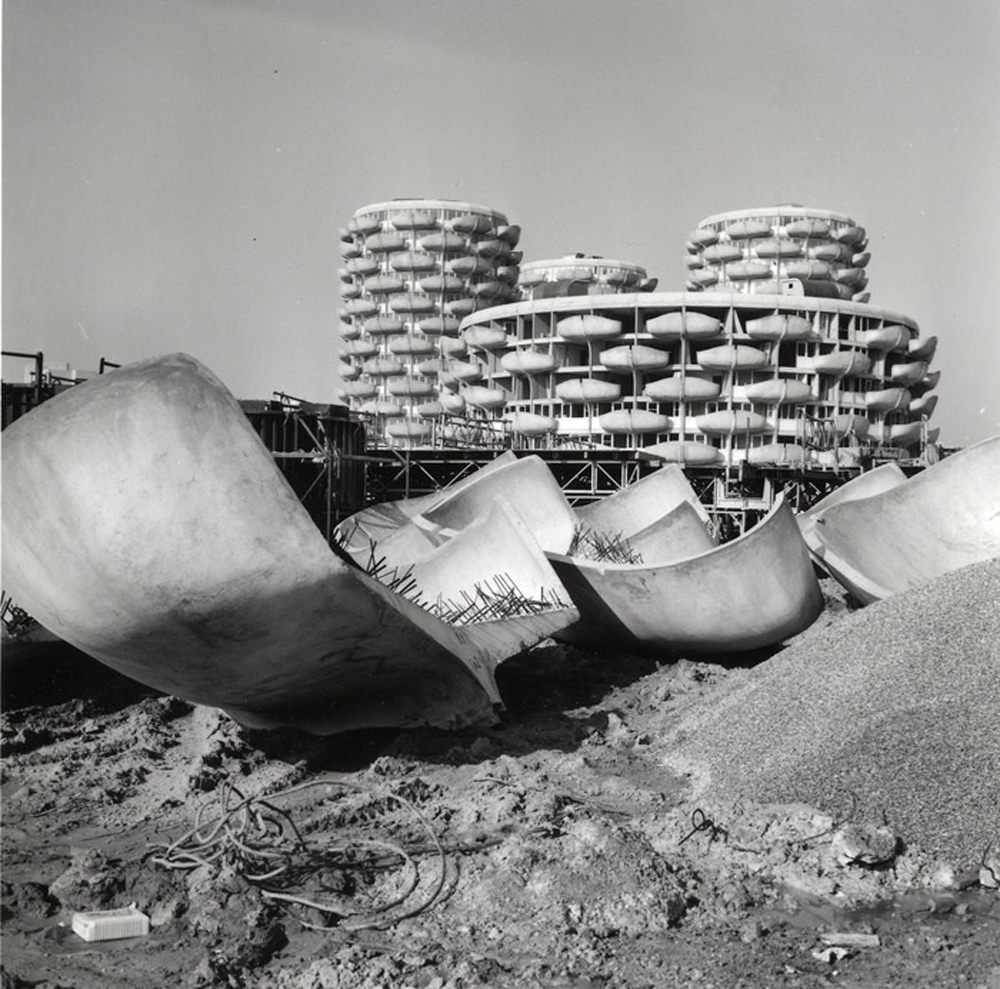
Quartier du Palais Créteil 1970
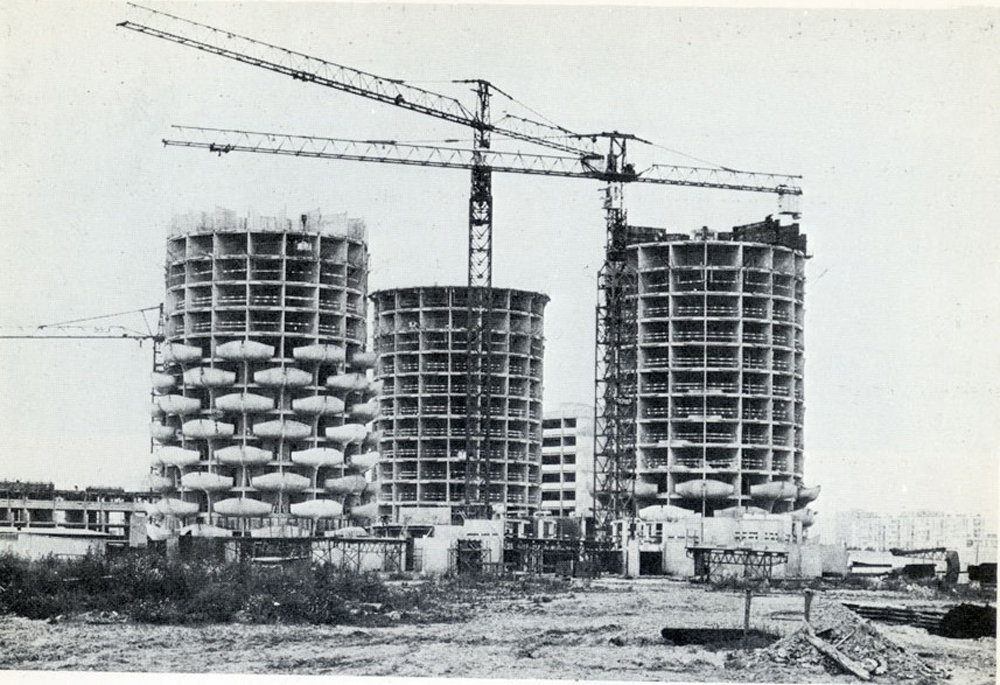
Quartier du Palais Créteil building site 1970
A Parisian, Gérard Grandval attended the École National Supérieure des Beaux-Arts, studying under Emmanuel Pontremoli and André Leconte. His career took him to Philidelphia where he interned at the dawn of the ’60s at the Institute of Urban Planning in Philadelphia. Returning to France, from the mid-’60s until the early ’70s he became a Project Manager for the Department of Cultural Affairs with a special focus on the development of Niort (’66 to ’70). The Cabbage project began in 1969, a year after Paris rioted and was completed in 1975. He followed this with a significant period in Algeria working on urban planning from 1975 to 1980.
The creation of Créteil was more than a project to increase social housing units, it upgraded Créteil to the status of Préfacture of the newly created Val-de-Marne Department in the Ile de France. The population increased 10-fold from 11 – 91,000. Many and varied projects followed including the Fashion Centre at the Louvre accompanying several senior roles in the French Academy of Architecture.
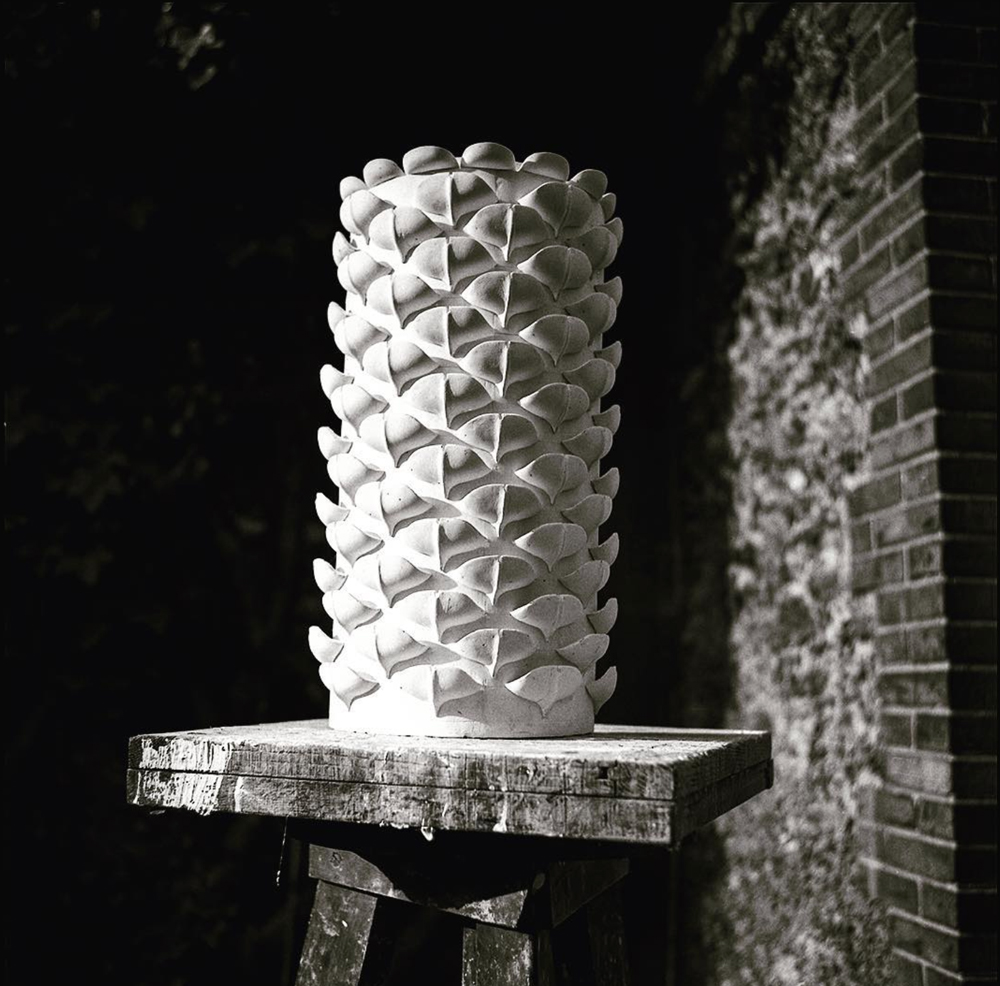
les choux de Créteil prototype 1970s
Greyscape asks Gérard:
Why did you choose to be an architect?
I was seduced and influenced by Paul Valéry’s book “Eupalinos or the Architect” published in 1921. (Eupalinos was a Greek engineer credited with building the Tunnel of Eupalinos, considered a major achievement of the ancient world).
How would you describe Les Choux – organic architecture, brutalist or something else?
All descriptions work; bound into the design was the following, a refusal to create urban spaces lacking in identity (a warehouse for humans, in a no-man’s town). A refusal to accept the dichotomy between mineral and vegetable. A refusal to deny residents an outdoor and yet nonetheless private space. A refusal to create an unsafe space for the residents or foist on them a high maintenance programme
In summary, …
‘my position was to choose a voice diametrically opposed to that of the architects of my generation’
Who did you imagine would be the residents of Les Choux when you were designing it?
Typically, people looking for accessibly-priced housing. The towers also caught the attention of people who in of itself appreciated their design.
Ground Plan Créteil
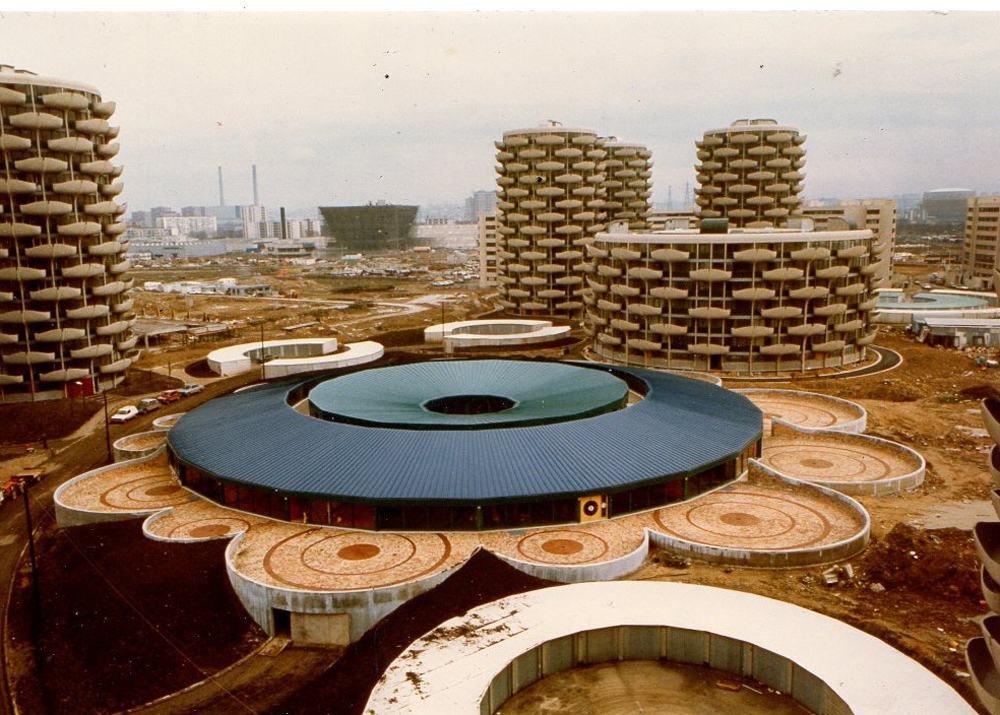
Créteil 1971
I read that you had originally intended that the residents of Les Choux would have plants growing from the balconies and that you later discarded the idea. Can you tell us about this?
My vision went further, I wanted the towers to be identified by plants which would give the effect of the towers changing their skin and colours according to the seasons. My ambition was only partially achieved but has largely contributed to influencing the current trend: to reconcile mineral and vegetable, an idea I was developing fifty years ago. I did not reject this idea but the developer did not allow me to carry it through.
You are famous for Les Choux de Créteil is that the work of which you are most proud?
It is certainly my best-known work which has reached a large audience. I am actually personally more involved in visionary projects that I have not realized but which I would like to put more emphasis on.
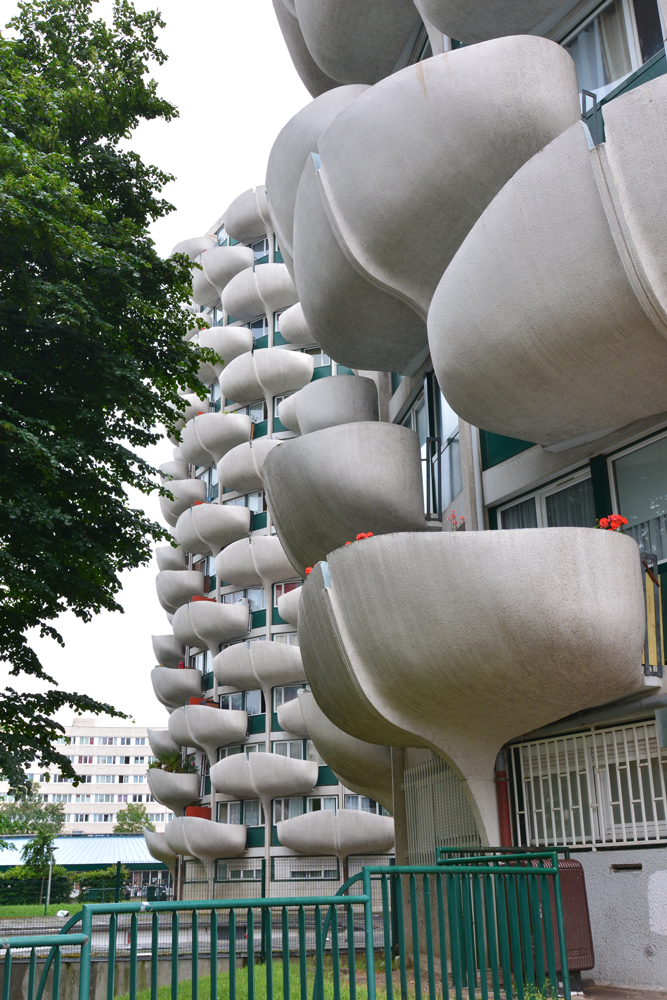
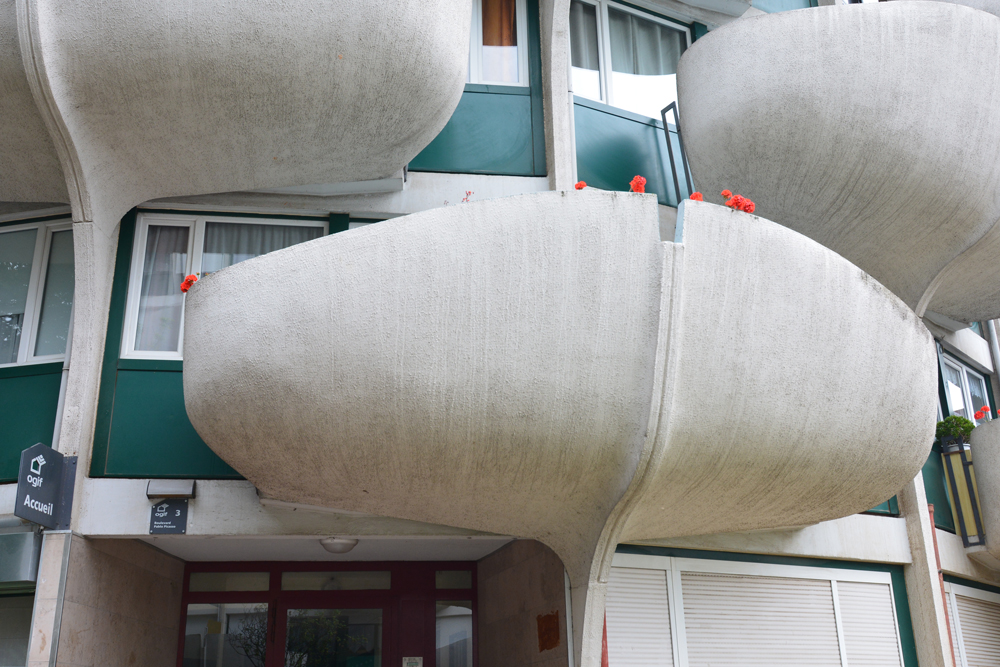
Like all architects you made designs for projects that didn’t proceed; which of those would you have most liked to see built?
Les Portes de Paris: (the City gates of Paris) a project to cover Le Périphérique (the Garden Ring Road) and create buildings over twelve access points ‘Les immeubles portes’ to Paris.
The Fluvial Arc: to create a route on the Seine providing access to the main museums and monuments of Paris with the exception of Montmartre
The Place de l’Europe project: a plant-covered constructed walkway using ‘La Petite Ceinture’, the former circular railway line running between Saint-Lazare station and Porte Champerret.
We often read about Les Trente Glorieuses – did you recognise it as something particular at the time?
I was ambitious. General Billotte, the Mayor of Créteil, proposed to General de Gaulle the idea of creating Créteil as a real city instead of replicating other dormitory cities previously built. He challenged me, ‘Show me that you can do something different!’
Henri Michaux, the French poet, wrote, “Qui cache son fou, meurt sans voix” (He who has rejected his madness dies without a voice). A slogan from ‘May 68 was,
‘Soyons raisonnables, demandons l’impossible!’
‘Let us be reasonable, let us ask for the impossible!’.
These ideas were stimulating. In Eupalinos or the Architect, the buildings fall into three orders: musical buildings, buildings inspired by reason and mute buildings. I did not want to build a silent city.
What do you think of the legacy of post-War French architecture?
A period dominated by the obligation to rapidly rebuild largely demolished cities with limited means and uneven successes.
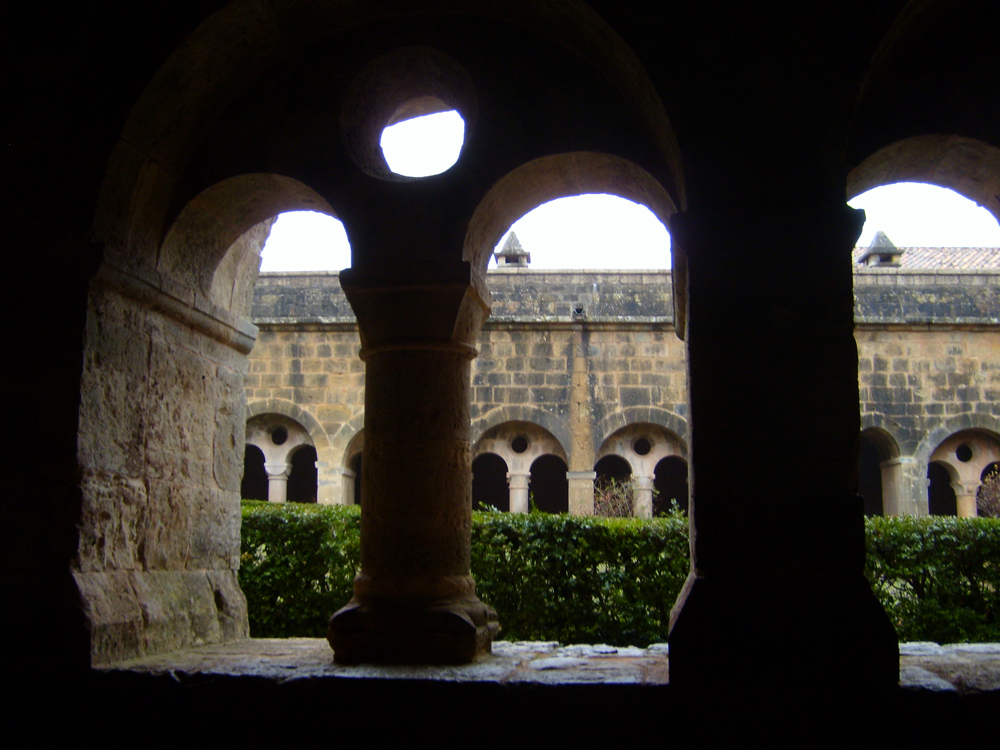
Cistercian Abbey Thoronet Image SiefkinDR
Who are the architects you most admire?
Hector Horeau, Henri Sauvage and the unknown architects of the Cistercian Abbeys of Silvacane and Thoronet
Your drawings and sketches, a number of which are on your Instagram are very striking, are you an artist as much as an architect?
For me drawing is a design and writing is a thought.
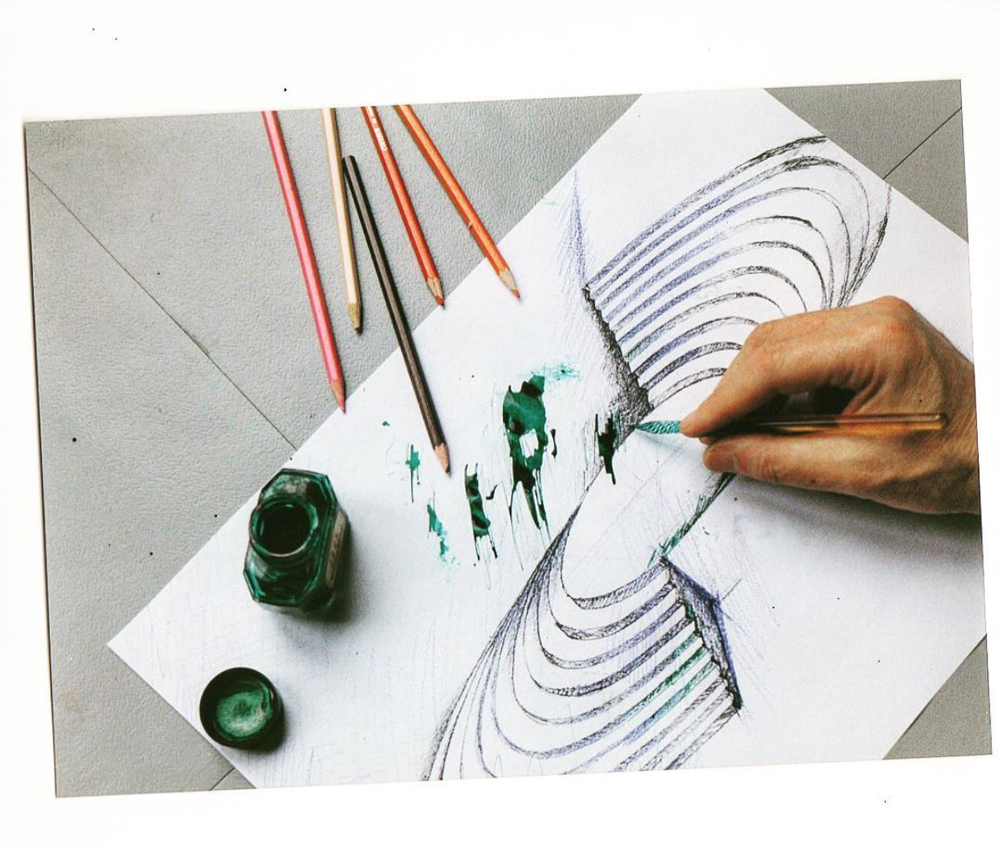
Gérard Grandval at his desk with pen and ink
What was your inspiration for your work at the Louvre?
I first devised a project to bring the creativity of fashion to the Louvre. To make a convertible area sitting somewhere between performance hall and exhibition space. Somewhere flexible which allowed for a wide variety of layouts, where encounters could happen … an escalier théâtral
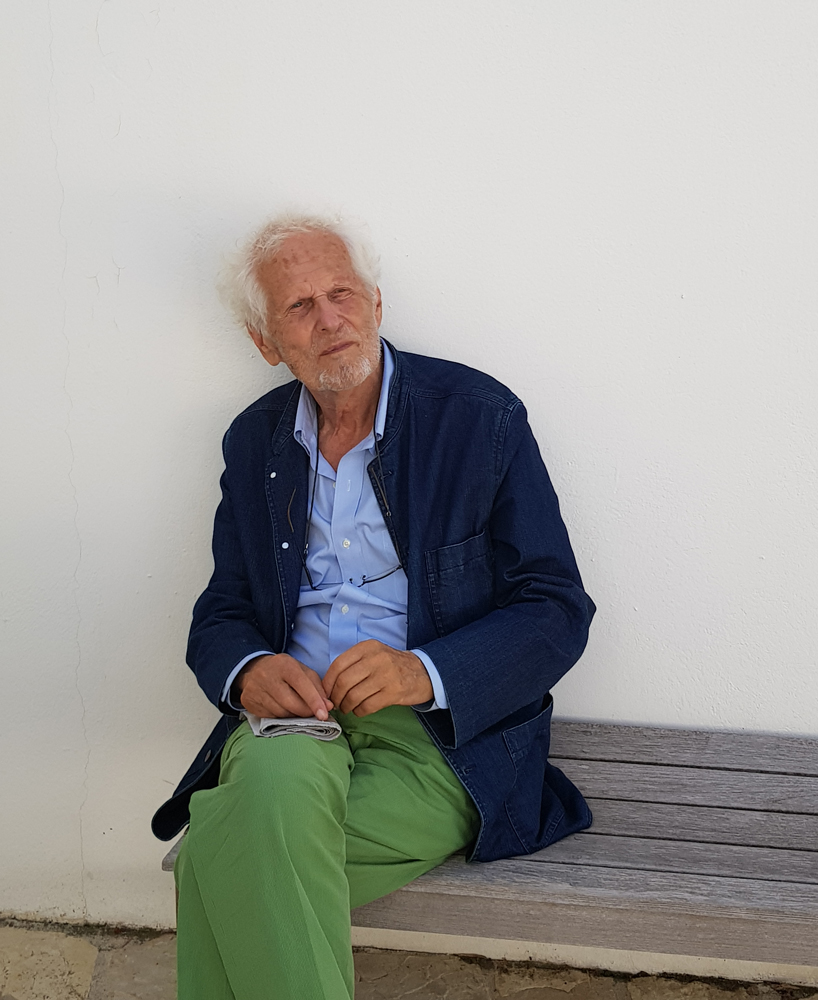
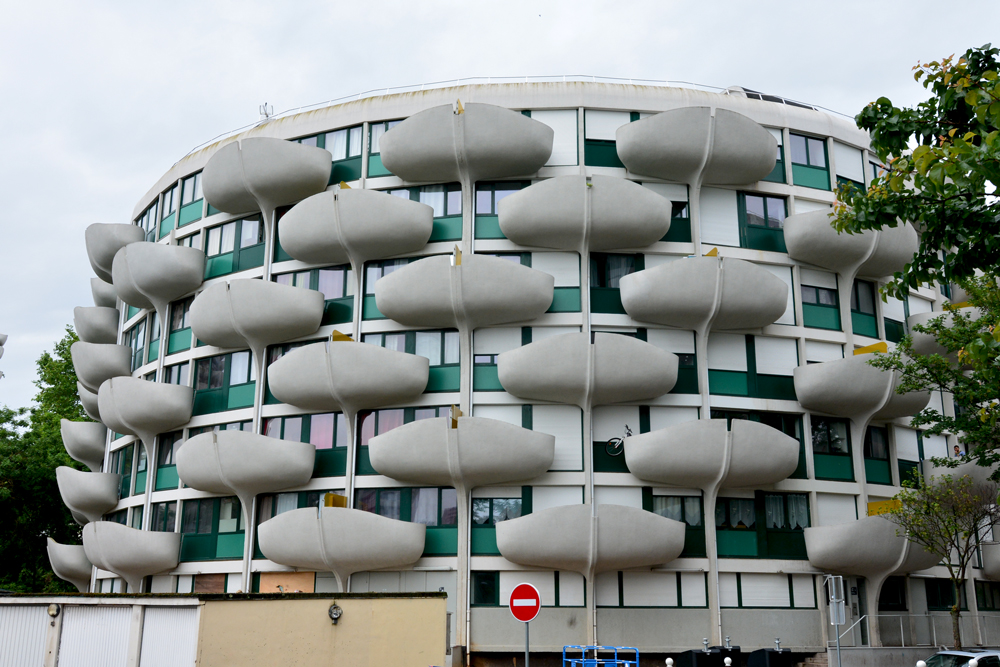
Which city do you live in?
Paris
Your favourite film?
The Night of the Hunter – Charles Laughton (1955)
Your favourite building?
La Grotte de Robinson Crusoe (Robinson Crusoe’s cave:)
Your favourite song?
Les gymnopédies d’Erik Satie
Gérard Grandval:
Winner of the Prix de Rome and Knight of the French Order of Arts and Letters
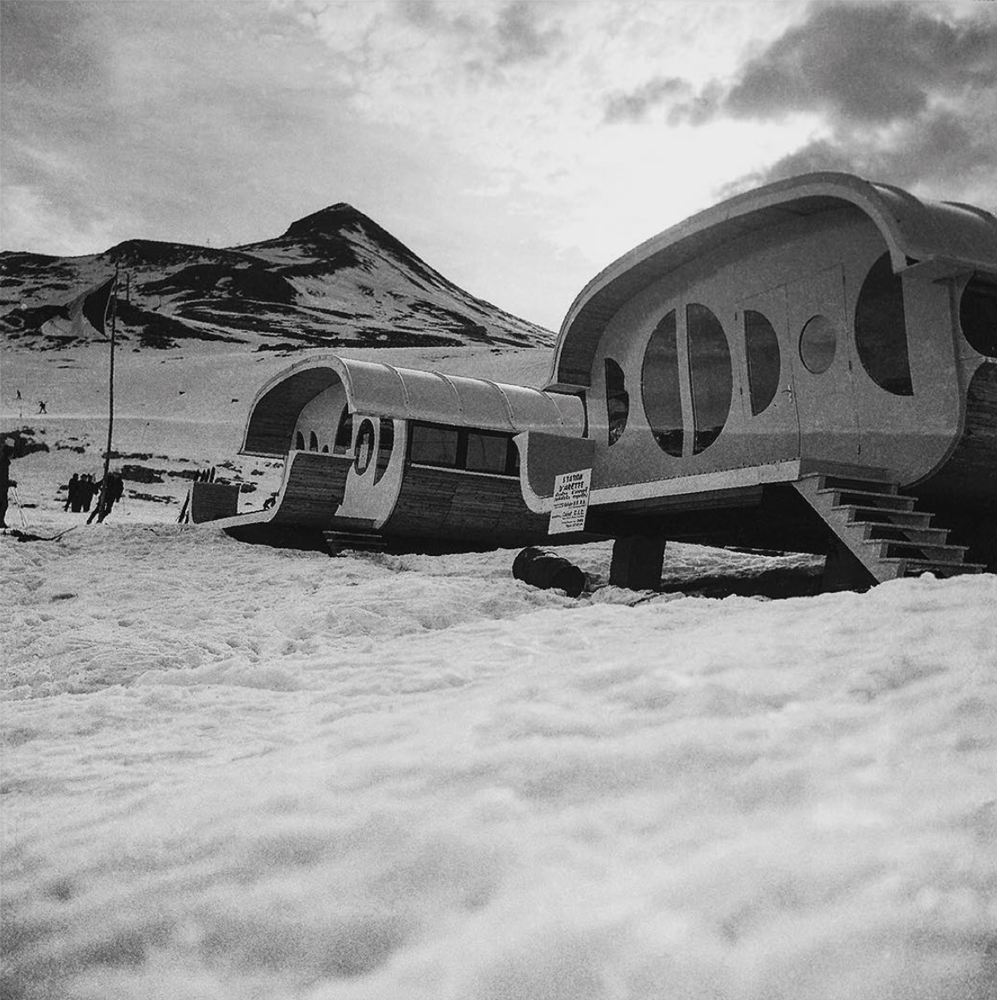
1960s Ski Chalets Image Gérard Grandval
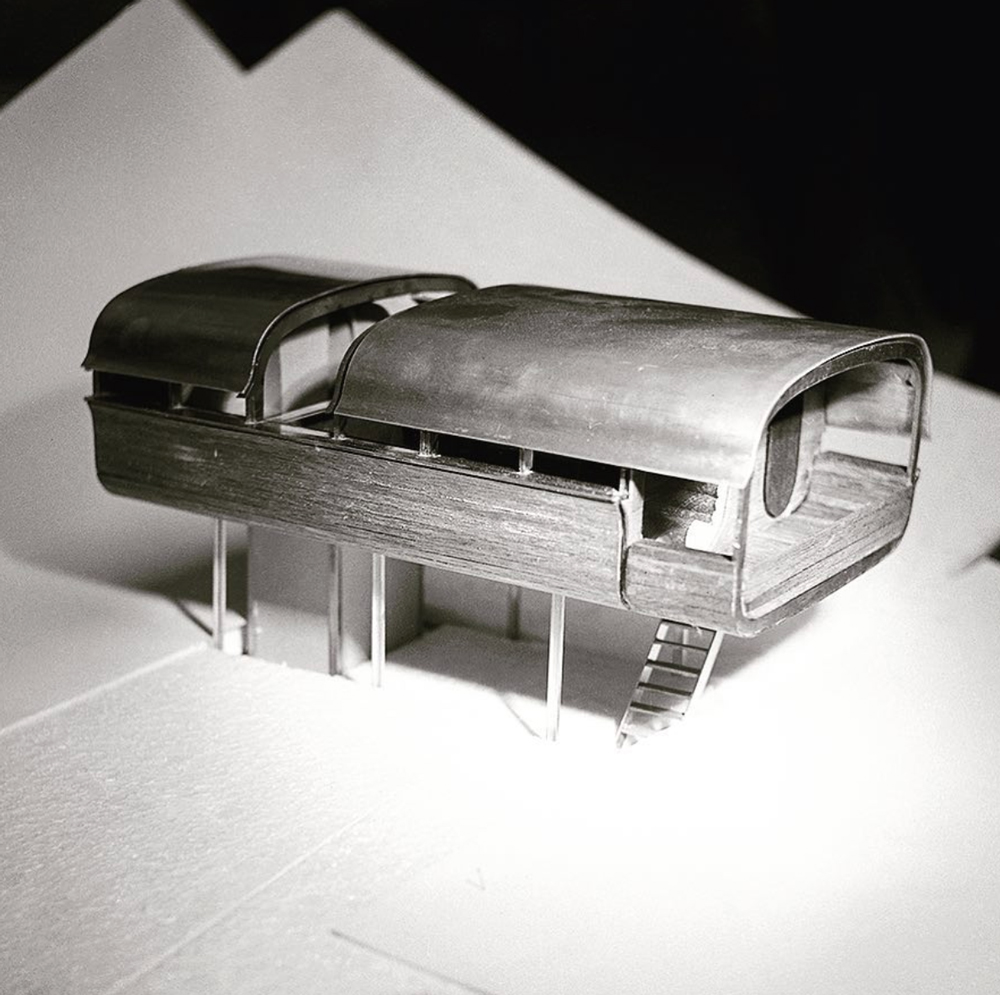
Architect’s model by Gérard Grandval
Selection of Projects:
Electronics Lab Plaisir 1962
Cannes Sports Centre
Franconville Youth Club and Ski School Hautes Pyrénés 1966
Chalets in La Plagne 1968
HQ for Cacharel fashion group Paris 1970-80
Les Choux de Créteils towers and infrastructure 1969-1975
Niort 1966-70
Les Tonnelles in Frontenay Rohan 1980
Urban planning Peyresourde
Algiers airport 1978
Early Years centres in Algiers 1980
HQ Bobe Ore in Montreal 1982
Societe de Transport aeronautiques Algiers 1982
Louvre Fashion Centre Paris 1993
Neva Hotel and commercial centre St Petersburg 1995
Ecological project Nice 2018
All images with thanks to Gerard Grandval (all images are Copyright) plus three Greyscape images ©




